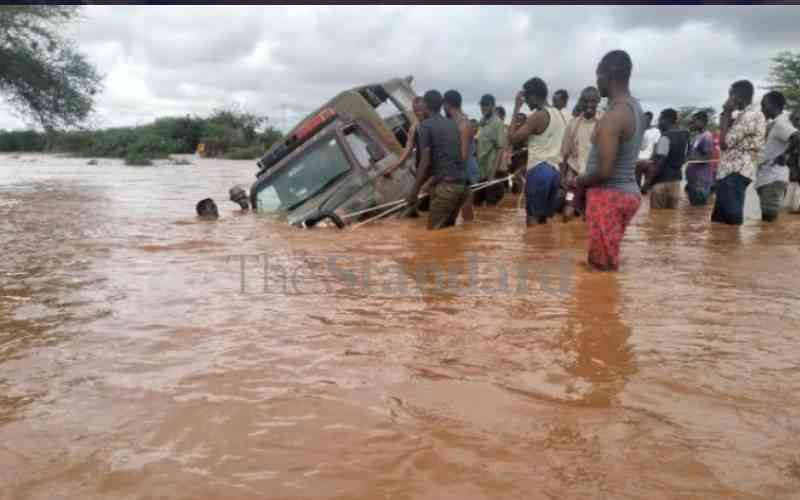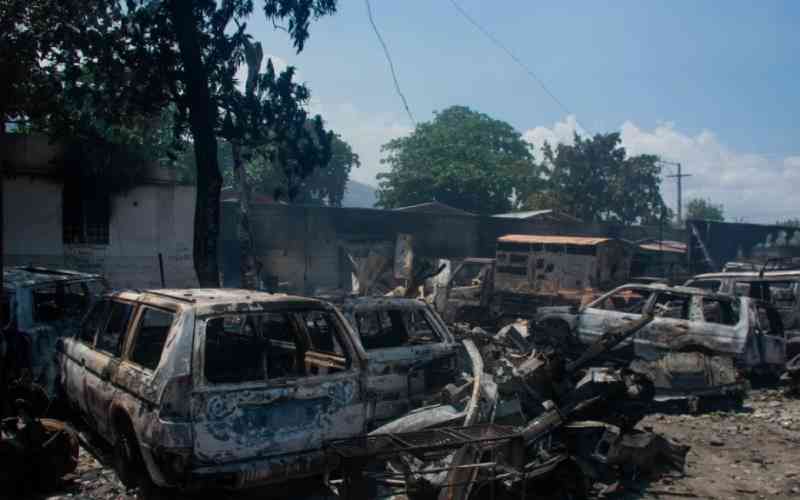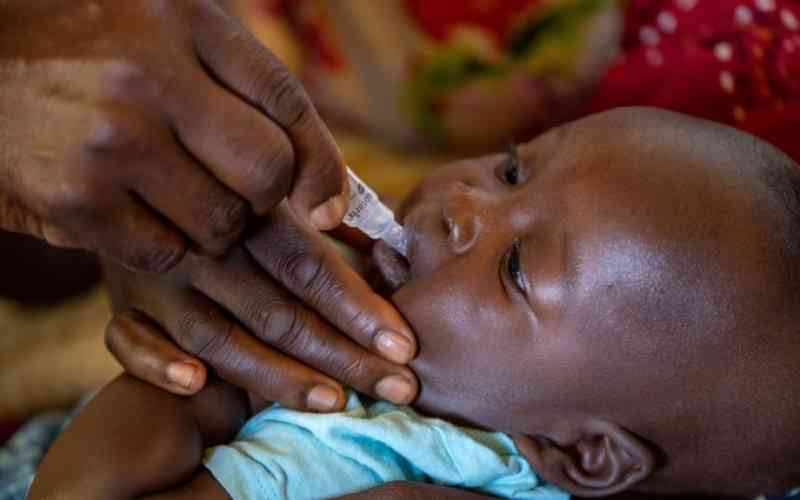The United Nations and Kenya’s international partners must begin to pay greater attention to the security situation in the Horn of Africa and the humanitarian crisis that is unfolding in this region. This was the message from Deputy President William Ruto when he addressed the UN General Assembly in New York this week.
The conflict in South Sudan that has resulted in thousands of deaths and a series of terror attacks in Somalia in recent weeks brings home the precarious nature of the security situation in the region.
We agree with Deputy President Ruto’s views — East African countries that neigbour these two nations, and Kenya in particular, have carried the greatest burden in trying to contain the conflict in South Sudan and Somalia. Kenya, as a guarantor of the 2005 Comprehensive Peace Agreement, has continued to invest significantly in efforts to build the peace in South Sudan. However, this is a responsibility that cannot be left to neighbouring countries alone, and the mandate of the UN may have to be expanded so that it is more actively involved in building sustainable peace in the world’s newest nation.
The situation in Somalia, though marginally more favourable, still requires the intervention of other nations. Only last week, Somalia’s military general Mohamed Jimale and seven of his bodyguards were killed when their convoy was hit by a car bomb in Mogadishu. This is just one in a series of terror attacks that Somalis have had to endure at the hands of the Al-Shabaab in recent months, even as the country prepares to hold elections from today.
It is unfortunate that the international community has chosen to downscale its operations at this time — the European Union this year cut the support for the Africa Mission in Somalia (Amisom) by 20 per cent, but announced yesterday that it would contribute Sh20 billion towards the allowances of troops that are serving. Despite repeated appeals, the UN Security Council has failed to provide adequate and predictable funding.
The UN Security Council must take this matter seriously and align the mandate of AMISOM to the threat levels in Somalia. This matter should not be left entirely to Kenya which has provided a safe haven for refugees, joined peacekeeping missions and invested resources in combating the Al-Shabaab. Kenya has contributed significantly to substantially weaken the Al-Shabaab, liberated large swathes of Somalia and provided the space for its government to begin the journey of rehabilitation and reconstruction.
On account of these developments, the Somalia government has expressed a willingness to receive its citizens from refugee camps in Kenya, which has committed Sh1billion to support the safe, dignified and orderly repatriation of the more than 400,000 Somali refugees in Daadab.
By contrast, support from wealthier nations has been dwindling. Since 2012, when the international community pledged upwards of Sh50 billion, only Sh1billion has been forthcoming. This has placed a disproportionate burden on Somalia’s neighbours.
The UN must do more to rouse the international community to contribute to peace building efforts in the Horn of Africa.
 The Standard Group Plc is a
multi-media organization with investments in media platforms spanning newspaper
print operations, television, radio broadcasting, digital and online services. The
Standard Group is recognized as a leading multi-media house in Kenya with a key
influence in matters of national and international interest.
The Standard Group Plc is a
multi-media organization with investments in media platforms spanning newspaper
print operations, television, radio broadcasting, digital and online services. The
Standard Group is recognized as a leading multi-media house in Kenya with a key
influence in matters of national and international interest.
 The Standard Group Plc is a
multi-media organization with investments in media platforms spanning newspaper
print operations, television, radio broadcasting, digital and online services. The
Standard Group is recognized as a leading multi-media house in Kenya with a key
influence in matters of national and international interest.
The Standard Group Plc is a
multi-media organization with investments in media platforms spanning newspaper
print operations, television, radio broadcasting, digital and online services. The
Standard Group is recognized as a leading multi-media house in Kenya with a key
influence in matters of national and international interest.









